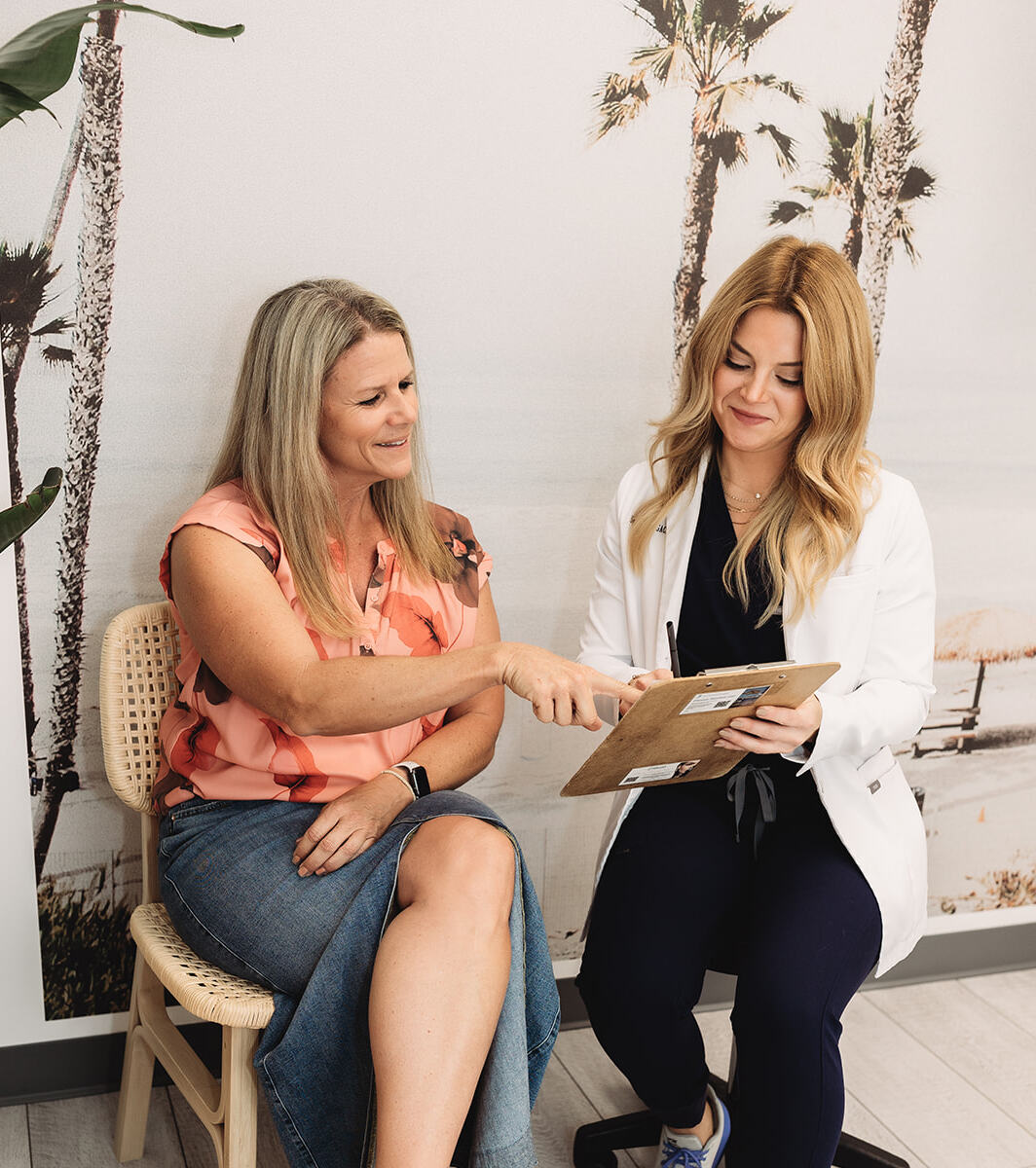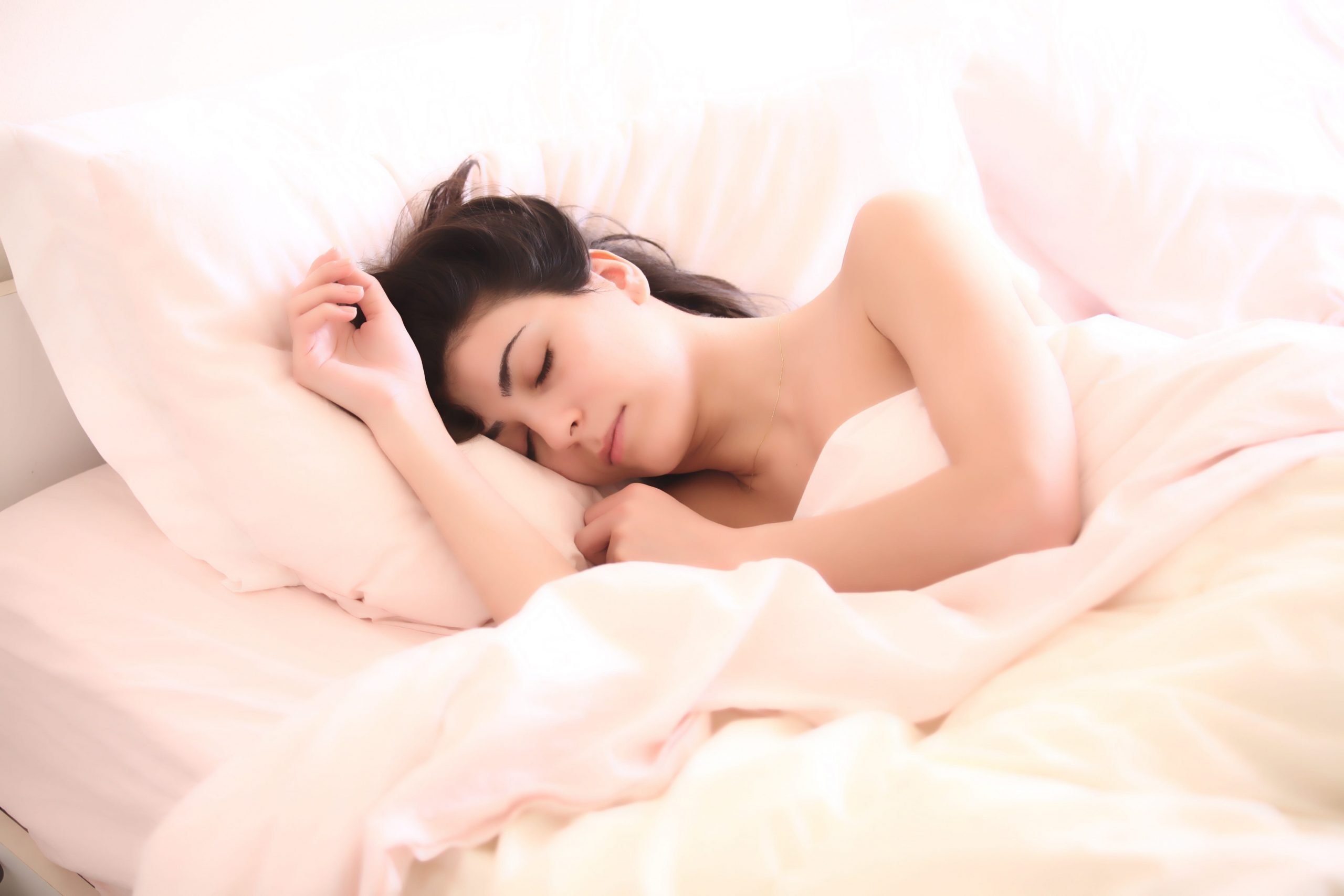Sleep. That wonderful activity when your body gets to unwind and relax as you slip off into dreamland. Except if sleep doesn’t come as easy for you… especially if you’ve been suspecting hormonal imbalance.
Unfortunately, the overlapping symptoms of hypothyroidism, adrenal fatigue and low testosterone often involve not enough rest or sleep. You may feel exhausted or tired all the time, and good sleep seems like a distant memory.
Whatever the reasons behind your inability to sleep well, we would like to help you get better sleep.
Let’s first answer some FAQs:
What are the benefits of a good night’s sleep?
- Resets your energy reserves
- Gives your digestive system a chance to rest
- Balances blood sugar levels
- Helps regulate hormones including estrogen, progesterone, cortisol, melatonin and adrenalin, which can all impact your ability to lose weight
- Recharges and recalibrates your brain for optimal cognitive function
- Allows your body to enter a parasympathetic state, which can decrease anxiety and stress
- Supports immunity
What is considered a good amount of sleep?
While sleep requirements for each age group vary, we recommend that you get between 7 and 9 hours of sleep each night. An hour more or less will not significantly affect your health.
Most importantly, how do I get better sleep?
Now that you know how much sleep you should be getting and why you should aim for good sleep, here are some of our suggestions on how you can get better sleep.
1. Create a good sleeping environment
In order to get good sleep, your sleeping environment should be peaceful, cool, and comfortable. While blissful sleep atmospheres vary from person to person, we recommend that you keep your room cool enough to need a blanket, relatively clean and clutter free so as not to distract you, and cozy enough to meet your personal needs.
Whether you choose to sleep with a nightlight, completely in the dark, silent, or with background noise, find your sleep “comfort zone” and make sure you sleep in those conditions as often as possible.
2. Keep your smartphones and electronic devices away from your sleep zone
Did you know that your smartphone, television and other electronic devices produce a blue light that affects your body’s production of the hormone melatonin? This blue light is so triggering that it actually decreases your melatonin levels. While this may not seem like a big deal, an increased exposure to blue light may delay your sleep, since melatonin is responsible for making us feel drowsy and keeping us asleep throughout the night.
Our suggestion is to set aside your smartphones and electronic devices at least forty-five minutes to an hour before you go to bed. We know it’s tempting to scroll through social media or read an online article (like this one) before bed, but it’s better off to wait until the morning. Another option is “bluelight blocking glasses” – look them up online!
3. Don’t exercise before going to bed
Although not everyone can exercise in the morning due to busy schedules, we recommend that you exercise earlier in the day rather than later in the evening. During exercise, the body produces more energy and alertness which can make it harder to fall asleep.
In order to cancel that out, we suggest that you work out at least two hours before you plan to go to sleep. This can give your body enough time to relax and decompress before falling asleep.
4. Give yourself a bedtime (and stick to it!)
One of the benefits of being an adult is that we no longer have bedtimes, but bedtimes are a great way to give your body a routine. After all, humans are creatures of habit.
We suggest that we plan a scheduled time to fall asleep each night, and to stick with it as much as possible. Please take into consideration the amount of hours needed to get good sleep and your morning plans when creating your bedtime.
5. Consider adding Magnesium or natural sleep supplements
If the following tips don’t work for you, then consider taking a natural supplement such as Magnesium before going to sleep.
Magnesium plays an important role in your nervous system and helps regulate your melatonin levels. It also acts in a way that can help your body relax and destress, which are the perfect conditions needed for getting better sleep.
Other supportive supplements may include Melatonin, Lemon Balm, Valerian, Corydalis, Hops, Chamomile, Passion Flower and Magnolia Extract — or a combination of these.
If you would like to learn more about adding a sleep supplement to your sleep routine, or want to uncover the cause of your insomnia, please schedule a consultation with us. We hope that these suggestions help you get a better sleep! Please note that we are always here to help you.
Sweet dreams!
From All of Us at JWP
Sources:
https://www.cdc.gov/sleep/about_sleep/how_much_sleep.html
https://npthyroid.com/tipsresource/how-to-create-a-blissful-sleep-oasis/
https://www.healthline.com/nutrition/magnesium-and-sleep#TOC_TITLE_HDR_3








